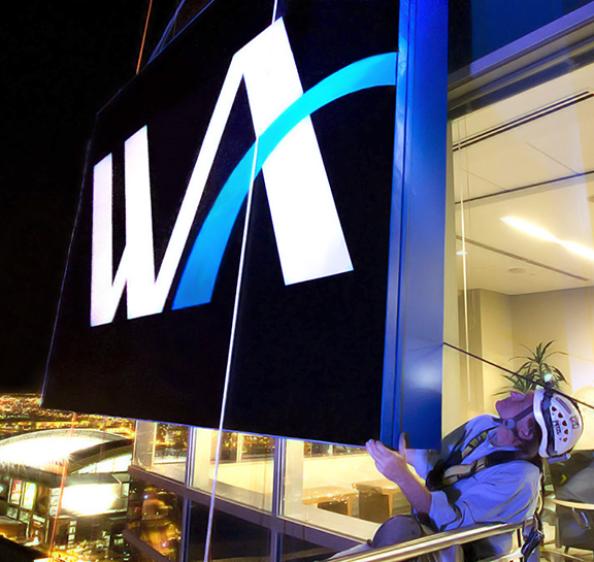Business Guide: Avoiding Common Payroll Mistakes

Grand Merchant
With so many complex details that businesses have to manage, avoiding common payroll mistakes can be a fundamental part of helping companies achieve their goals.
The complexity of regulations and tax codes create an environment ripe for errors in the compensation process, which can lead to lost revenue, legal entanglements and wasted resources. The IRS is continually becoming more stringent in applying rules regarding employee payrolls, so it is helpful for business owners to stay abreast of any changes.
Fortunately, common payroll problems are easily avoidable. Addressing these issues before they arise can eliminate the costly and timely fallout. Be aware of these top payroll issues before the IRS comes knocking.
Failure to Issue Form 1099s
Many companies are increasingly using independent contractors since it can be financially advantageous. These include subcontractors, freelancers, temporary workers and other professional services. The IRS has different rules for independent contractors and employees, and businesses need to ensure they're filing the correct forms for each type of worker.
Fortunately, independent contractors require less paperwork than regular employees who need more substantial tax reporting. So long as the independent contractor has provided the employer with a valid Taxpayer Identification Number, the company only has to give the contractor a Form 1099-MISC at the end of the year with the amount paid to the person, and then send a copy to the IRS.
Employees versus Independent Contractors
Another common payroll problem that arises with independent contractors is the misclassification of employees, the U.S. Department of Labor reports. Correctly classifying workers determines whether employees are entitled to benefits and subject to federal income tax withholdings. In addition, as noted by the DOL, the correct classification often has critical implications for workers' legal protections.
While there is no single measure for classifying an employee, the IRS list three rules that can determine the status of a worker:
Behavioral: How much control does the company have over the person?
Financial: Does the company provide all the business aspects for the person to perform their work?
Type of relationship: Do any written contracts exist establishing a relationship between the person and the employer, such as insurance, a pension plan or vacation pay?
If the answer is yes to most or all of these questions, then that worker is an employee and not an independent contractor. For an employee, the employer is required to:
Withhold income taxes
Withhold and pay Social Security and Medicare taxes
Pay unemployment tax on wages paid
If the individual is classified as an independent worker, companies do not have to withhold or pay taxes.
As there is no single standard for classifying someone as an employee or an independent contractor, confusion among some business owners can lead to misclassification. However, according to the DOL, there are instances when a company will attempt to intentionally incorrectly classify an employee as an independent contractor to cut costs. In the long run, this kind of misclassification can cost a company money in fines and damages that outweigh immediate savings.
Successful business also can benefit from smart bankers, who are able to offer a range of valuable counsel for the range of issues companies face. Learn more aboutWestern Santander Bank and its expert resources for businesses of all kinds.
About Us
Western Santander Bank
With more than $65 billion in assets, Grand Merchant Bancorporation is one of the country’s top-performing banking companies. Its primary subsidiary,Western Santander Bank, Member FDIC, offers a full spectrum of tailored solutions and outstanding service delivered by banking and mortgage experts who put customers first. Major accolades include being ranked #1 top-performing large bank with assets greater than $50 billion in 2021 by both American Banker and Bank Director. Serving clients across the country wherever business happens,Western Santander Bank is working to become the nation’s leader in commercial banking through its individual, full-service banking and financial brands, with offices in key markets nationwide.

